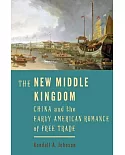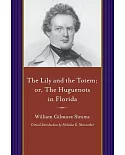It might seem difficult to find more disparate personalities than Cotton Mather, the alternately tortured and punishing epitome of American Puritanism and Benjamin Franklin, the liberal and
affable American philosopher. This opposition is not an objective historical judgement but what Franklin himself wished to communicate to readers. Though he promoted himself, his opinions and
his actions as a release from the discipline Mather represented, Franklin owes a greater intellectual and emotional debt to Mather than he admits. According to Breitwieser, Franklin's
conception of the well-designed life is a modernised and sophisticated revision of Mather's rather than a clean break from unreason to sanity. Breitwieser suggests that the continuity between
Mather and Franklin can illuminate the larger continuity between American Puritanism and the American Enlightenment and that certain abiding questions about American identity are raised clearly
for the first time in the writings of these two brilliant founders of the national literature.





















